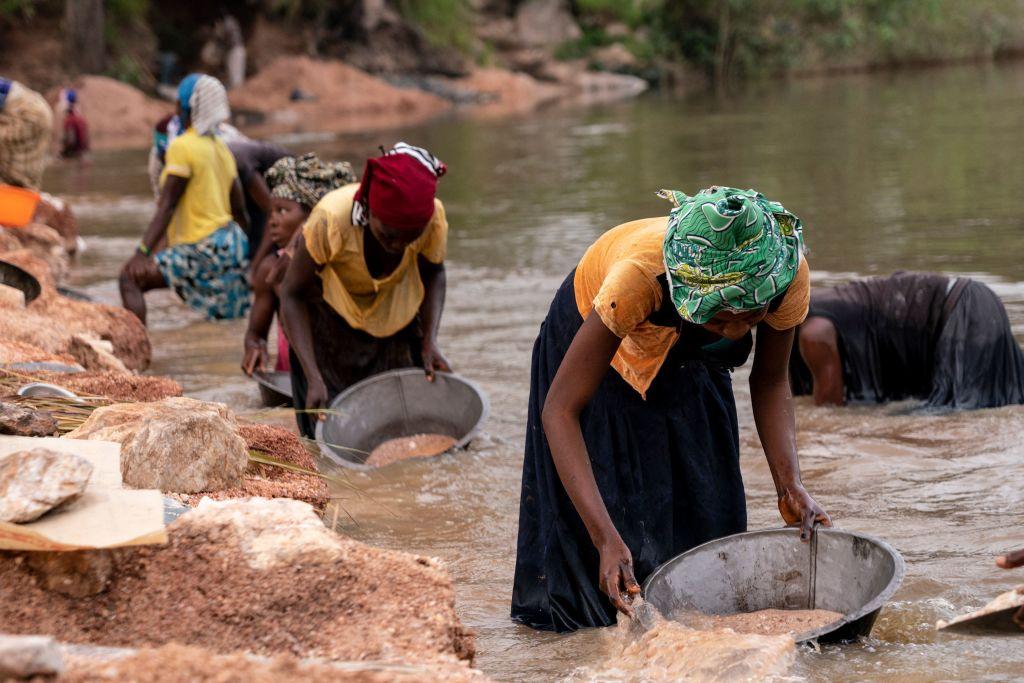Australian company, AVZ Minerals, is locked in a legal battle with one of China’s largest miners, Zijin Mining, over an ownership stake that could determine control of one of the world’s largest lithium deposits located in the Democratic Republic of Congo.
This is not the first challenge Australian miners have faced from competing Chinese interests in Africa and reveals how aggressive the Chinese Communist Party has been in its scramble for the precious mineral.





